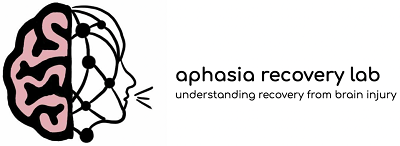Principal Investigators
Nina F. Dronkers, PhD
Adjunct Professor
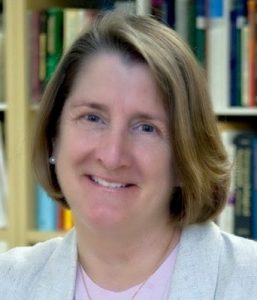
Nina F. Dronkers is an Adjunct Professor at the University of California, Berkeley in the Department of Psychology and an Adjunct Professor at the University of California, Davis in the Department of Neurology. She is a former Research Career Scientist and Director of the Center for Aphasia and Related Disorders with the Department of Veterans Affairs Northern California Health Care System.
Dr. Dronkers’ research and clinical interests have always focused on understanding the speech, language, and cognitive disorders that occur after injury to the brain. She and her colleagues have worked extensively with individuals who have aphasia to understand the relationship between areas of the brain affected by injury and the speech and language disorders that ensue. Using novel techniques, Dr. Dronkers and her colleagues have isolated numerous brain regions that play critical roles in the processing of speech and language, as well as how these relate to other cognitive skills. Her latest work involves analyzing the structural connections that contribute to language and cognitive processing through advanced work with diffusion neuroimaging.
Highlighted Publications:
Turken, U., & Dronkers, N. F. (2011). The neural architecture of the language comprehension network: converging evidence from lesion and connectivity analyses. Frontiers in systems neuroscience, 5.
Dronkers, N. F., Plaisant, O., Iba-Zizen, M. T., & Cabanis, E. A. (2007). Paul Broca’s historic cases: high resolution MR imaging of the brains of Leborgne and Lelong. Brain, 130(5), 1432-1441.
Dronkers, N. F., Wilkins, D. P., Van Valin Jr, R. D., Redfern, B. B., & Jaeger, J. J. (2004). Lesion analysis of the brain areas involved in language comprehension. Cognition, 92(1-2), 145-177.
Dronkers, N. F. (1996). A new brain region for coordinating speech articulation. Nature, 384(6605), 159.
Maria Ivanova, PhD
Research Scientist
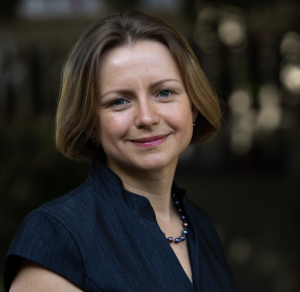
Maria V. Ivanova is an Associate Researcher at UC Berkeley. Before she worked as a researcher at the Center for Aphasia and Related Disorders at the VA Northern California Health Care System. Formerly she was also a senior research fellow at the Center for Language and Brain at the National Research University HSE in Moscow, Russia. She holds an M.S. in clinical psychology and a Ph.D. in Speech and Language Sciences.
In her research, she explores structural and functional lesions that give rise to language and cognitive deficits and neural changes that promote recovery post stroke. Her work has also focused on developing assessment tools for investigating cognitive and language deficits in different patient populations. She is interested in linking attentional and memory deficits to language impairments at both psychological and neural levels. She has also contributed to development of appropriate methods for analyzing neuroimaging data in individuals with brain injuries. Currently, she is working on an NIH-funded project that explores the feasibility of a high-intensity exercise intervention to promote recovery of language and cognitive abilities in individuals with post-stroke aphasia.
Highlighted Publications:
Nicoletta Biondo, PhD
Postdoctoral Fellow
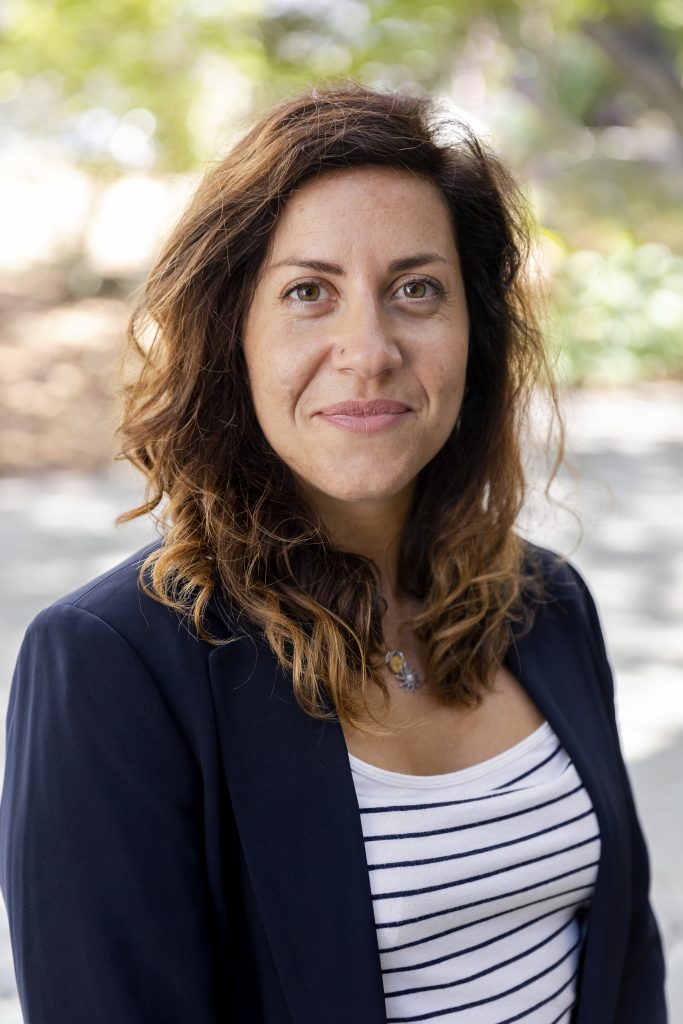
Nicoletta Biondo is a Marie Skłodowska-Curie Postdoctoral fellow at UC Berkeley, and at the Basque Center On Cognition, Brain and Language (BCBL), in Spain. She obtained a Masters degree in Linguistics and Cognitive studies at the University of Siena, and a PhD in Psychological Sciences and Education at the University of Trento. Before joining the Aphasia Recovery Lab, she worked as a postdoc at the BCBL and at the University of Siena. Her research tries to combine theoretical linguistics and cognitive neuroscience to investigate the mechanisms involved during the processing of different grammatical relations and features in real-time language comprehension. She has mainly worked with adult (monolingual and bilingual) speakers with unimpaired linguistic abilities, by using methods such as eye-tracking and event-related potentials (ERPs). Her specialty is the study of time in language. In her current project, she is investigating how people with aphasia process (linguistic and non-linguistic) time, by using structural and diffusion neuroimaging.
Highlighted Publications:
Biondo, N., Molinaro, N., & Mancini, S. (2023). The neurolinguistics of the L2 morphological system. In K. Morgan-Short & J. Van Hell (Eds.), The Routledge Handbook of Second Language Acquisition and Neurolinguistics (pp. 115-132). ISBN 9781032042022
Moscati, V., Marini, A., & Biondo, N. (2023). What a thousand children tell us on grammatical complexity and working memory: A cross-sectional analysis on the comprehension of clitics and passives in Italian. Applied Psycholinguistics, 44(6), 1161-1184. 10.1017/S0142716423000462
Biondo, N., Pagliarini, E., Moscati, V., Rizzi, L., & Belletti, A. (2022). Features matter: The role of Number and Gender features during the online processing of subject- and object- relative clauses in Italian. Language, Cognition and Neuroscience, 38(6), 802-820. 10.1080/23273798.2022.2159989
Biondo, N., Soilemezidi, M., & Mancini, S. (2022). Yesterday is history, tomorrow is a mystery: an eye-tracking investigation of the processing of past and future time reference during sentence reading. Journal of Experimental Psychology: Learning, Memory, and Cognition, 48(7), 1001–1018. 10.1037/xlm0001053
Graduate Students
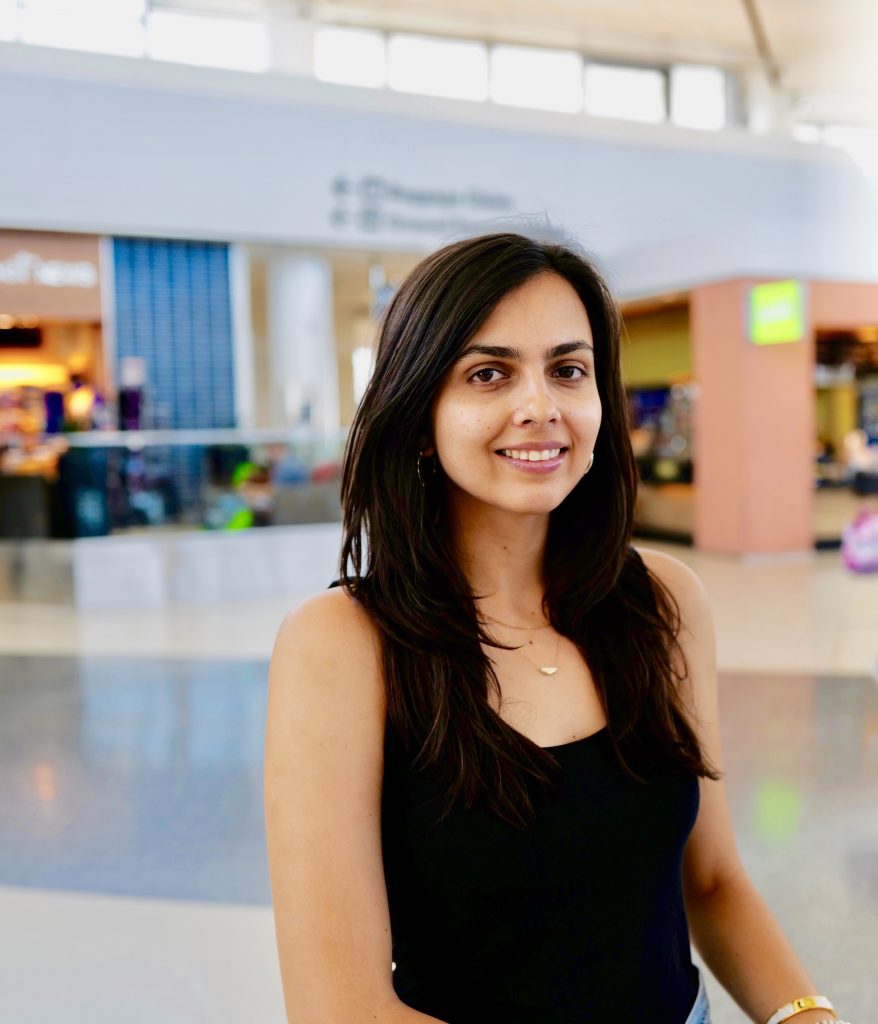
Alexis is a 3rd year PhD student in Cognitive Neuroscience at UC Berkeley. She is advised by Dr. Nina Dronkers. She is interested in language recovery post-stroke as well as the study of music in the brain. Alexis graduated from George Washington University in 2018 with a B.S. in Public Health. She spent her first-year post-grad working on a startup for baby brain development. She’s now assisting Dr. Dronkers and Dr. Ivanova with their current research. Alexis also volunteers at the VA in the Center for Aphasia and Related Disorders stroke support group. Her dissertation work is is focused on the neural mechanism of song production versus speech production.
Collaborators
Amber Richardson, SLPD
Collaborating Specialist
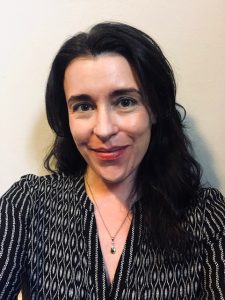
Amber received her bachelor’s degree in Psychology from the College of William and Mary and completed her masters degree in Speech-Language Pathology at California State University East Bay. Amber currently works as a staff Speech-Language Pathologist at the Department of Veterans Affairs in Northern California. She is pursuing her clinical doctorate (SLPD) in Speech Language Pathology at Northwestern University where her focus includes the study of aphasia group treatments, outcome measures, and continuum of care for persons with aphasia.
Albertyna Osińska, PhD
Research Scientist
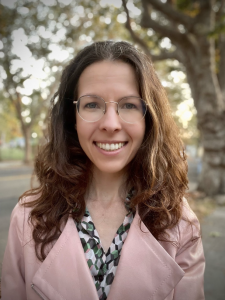
Albertyna is a visiting researcher from Poland, where she is an Assistant Professor in Cognitive Science at the University of Warsaw. She has a PhD in Psycholinguistics from the University of Cambridge, United Kingdom.
Her research pertains to language learning in healthy adults as well as re-learning it following brain injury. She is keen to explore the role of non-invasive brain stimulation techniques in treatment of aphasia. Also, she recognizes the need for improving aphasia diagnosis in populations whose English is not the native language. She is currently working with Maria and colleagues on a new diagnostic test for aphasia in Polish.
Research assistants
Anjelica Vance
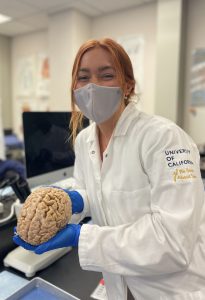
Anjelica just graduated from UC Berkeley in the Spring of 2022 with a double major in Molecular Neurobiology and Biological Anthropology and a minor in Early Learning Science and Child Development. She is currently starting her Masters degree in Epidemiology, with an emphasis in neuroepidemiology, at Columbia University. Anjelica splits her time between UC Berkeley’s Aphasia Recovery Lab – where she has worked since early 2020 – and an epilepsy focused lab at UC San Francisco. Anjelica will be applying to medical school in the upcoming year and is thrilled to see where she ends up… In the meantime, she continues to be a loving dog-mom to her two basset hounds, Winston and Florence.
Sandhya Kannan
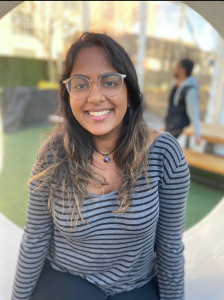
Sandhya has graduated from UC Berkeley with a degree in Cognitive Science and Linguistics. Over the years, she has been involved with various research in Cognitive Neuroscience from working memory to sleep. She has always been very interested in language and cognition. This combination gives a unique insight into both domain-specific and domain-general aspects of the brain. She is interested in researching the tie between language and working memory, particularly in the contexts of language disorders and bilingualism. She hopes to pursue a Ph.D. in a few years after honing her research interests further.
Vanessa Anderson
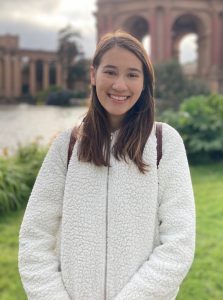
Vanessa is a UC Berkeley undergrad graduating in 2023. She is majoring in Molecular & Cell Biology and minoring in Bioengineering. She is interested in the cognitive changes associated with the treatment of aphasia. She also has a strong passion for reducing disparities in healthcare. Her current honors research investigates whether exercise, in conjunction with traditional Speech-Language Therapy, improves recovery for people with aphasia. In the future, Vanessa hopes to earn an MD degree and conduct clinical research. In her free time, Vanessa enjoys walking with her two dogs, playing tennis, and embroidering.
Eleonora Ghiraldini
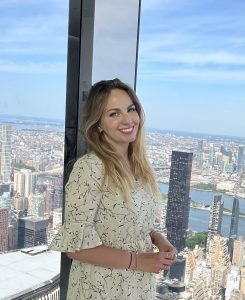
Eleonora is a volunteer at UC Berkeley in Dronkers and D’Esposito lab. She got a bachelor’s degree in Science in Psychology and a master’s degree in Neuropsychology and Clinical Psychology at the University of Milan-Bicocca, Italy. In her master’s thesis she investigated the processing of congruent and incongruent audiovisual information and the neural correlates of emotional perception of visual and musical art stimuli, through an ERP study. After the graduation in October 2021, she moved to California as an au pair to improve her English skills and gain research experience. She also acquired clinical experience as an intern in Neurology at the Multimedica hospital in Castellanza, Italy, and in Child and Adolescent Neuropsychiatry, at the Polyclinic hospital in Milan, Italy. She hopes to be admitted in a PhD program next Fall.
Cong Du
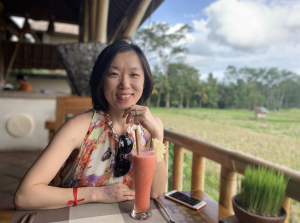
Cong was a post-bac student in Psychology and is now a volunteer researcher at University of California, Berkeley. She has an undergraduate degree in Engineering and a master degree in Financial Engineering. She is a language enthusiast and has always been interested in Psychology and Neuroscience, especially in auditory perception and language processing. She is currently involved in the Aphasia Recovery Lab doing discourse analysis on aphasic patients, and the Auditory Perception Lab working on bilingual projects. She hopes to pursue a Ph.D. and becomes a scientific researcher in the future
Jaeleene Wijangco
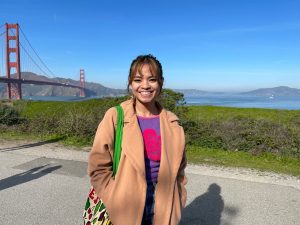
Jaeleene graduated from UC Davis in September 2022 with a BS in Cognitive Science- Neuroscience Emphasis and a minor in Psychology. She joined the lab in August 2021, and is currently working with Primary Progressive Aphasia data. She is also a Junior Specialist at UCSF doing Multiple Sclerosis research. Jaeleene is interested in studying neurodegenerative diseases and hopes to pursue a PhD in Neuropsychology in the future.
Vera Wheatley
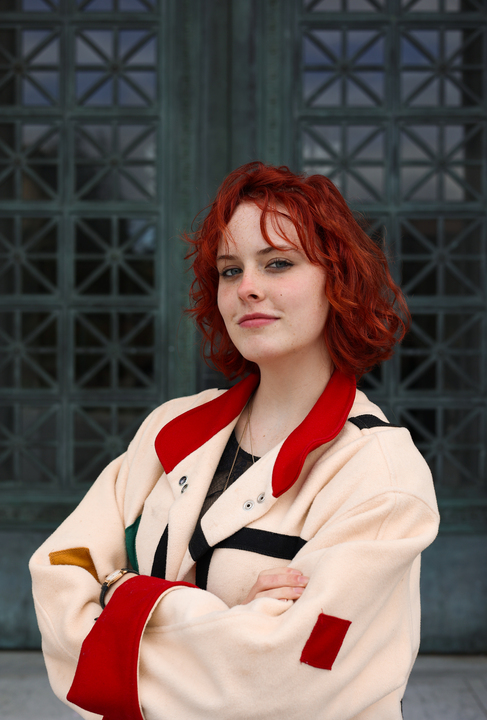
Vera Wheatley is a current class of ’25 UC Berkeley undergraduate working towards a BA in Psychology alongside two minors in Human Rights and Science, Technology, & Society. Paired with her passion for examining the human brain and helping others to understand their own, she has recently deepened her involvement in the community as a caseworker and volunteer income tax assistant for the Student Legal Clinic and explores this interest on a more conceptual level as a research apprentice at the Berkeley Judicial Institute. Upon graduation, she hopes to attend law school, balancing both a commitment to people-centered public service and the utilization of an empirically-rooted, neuroscientific lens throughout her career.
Devan Melwani
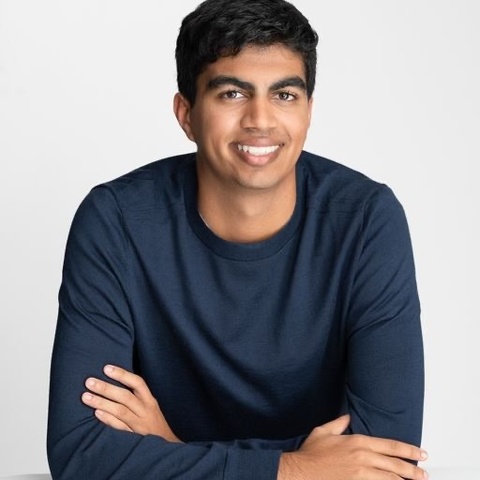
Devan Melwani is a current first-year at the University of California – Berkeley, studying Molecular and Cell Biology and Cognitive Science with a minor in Data Science. He is part of the exercise project in the lab and is interested in Neuroscientific research, especially around sleep!
Kiely Bol
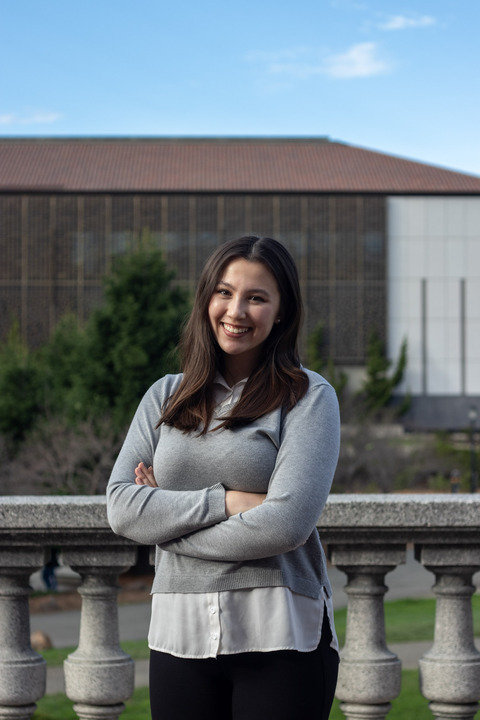
Kiely Bol is a third-year undergraduate student at UC Berkeley, majoring in Psychology with a neuroscience focus and Disability Studies. She is dedicated to pursuing a Clinical Psychology PhD degree with a specialization in neuropsychology. Kiely’s ultimate professional goal is to become a clinical neuropsychologist actively engaged in both clinical practice and research, specifically targeting midlife and older adults.
Her research interests encompass neuro rehabilitation, cognitive impairment, healthy aging, neurodegenerative disorders, the neuroanatomical underpinnings of memory and cognition, and sleep. Outside of her academic pursuits, Kiely enjoys songwriting, singing, listening to podcasts, and working out.
Rableen Ghuman
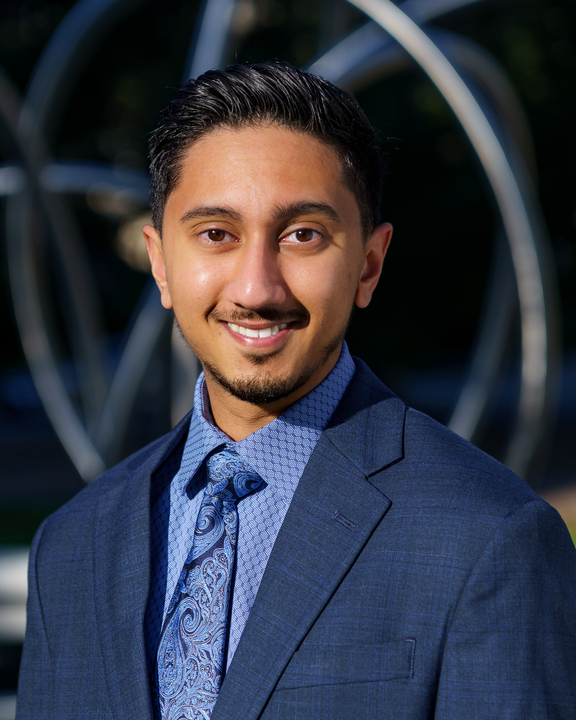
Rableen Ghuman is a current first-year at the University of California, Berkeley, majoring in Neuroscience with an emphasis on the neurobiology of disease. As he aspires to pursue a combined MD-PhD program, he aims to investigate the intricacies of Neurodegenerative Disease in a career in clinical research.
His research interests lie in the neuroanatomy of musical associations related to speech and cognitive functioning in the hopes of providing more valuable knowledge for the production of future therapies in neurogenerative diseases. Outside of academics, Rableen enjoys jazz improvisation with his saxophone, playing volleyball and badminton, and recently picked up a new hobby of playing spike ball with friends.
Diana Torres Valencia

Diana is a fourth year majoring in Psychology at the University of California, Berkeley. She has been helping since Spring of 2023 is the process of data entry and editing the lab website. Additionally, she is interested in neuroscience and is on the pre-nursing route, hoping to go to nursing school after graduating.
Lab Alumni
Kevin Dalziel
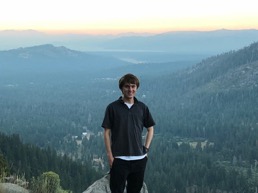
Kevin assisted with the stroke project in 2019. He left the lab to pursue a master’s degree in Speech, Language, and Hearing, and Sciences at the California State University East Bay.
Jessica Lawien
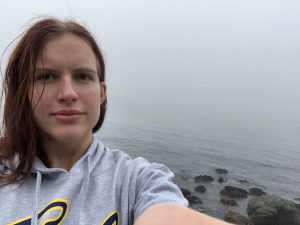
Jessica Lawien was a psychology post-baccalaureate student at UC Berkeley. Jessica was interested in music’s effect on the brain as well as compensation methods of the right hemisphere after damage to the left hemisphere. She has since moved back to Wisconsin to further her nursing career.
Contact us
510-846-8905
dronkers@berkeley.edu
ivanova@berkeley.edu
